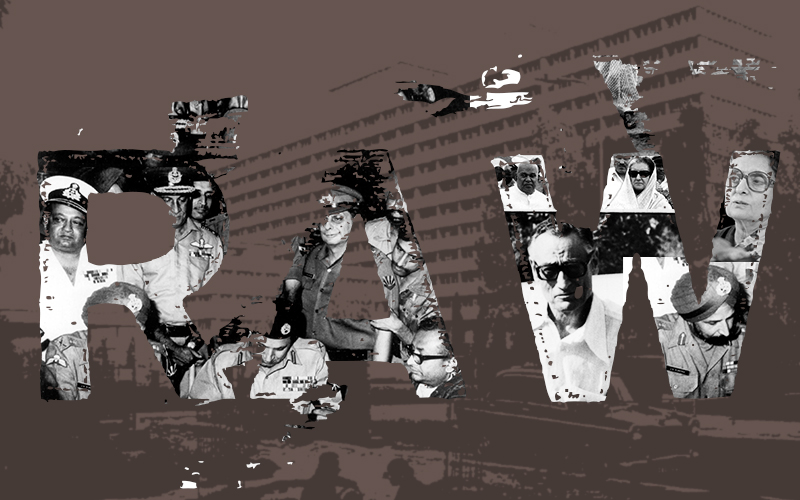News of ‘terrorist attacks’ and threats to security have been poorly disseminated among politicians and people. Government spokespersons confront such issues with cries of ‘anti-nationalism’ while the Opposition often resorts to seeking a criminal investigation. The most recent example of this has been the Rafale controversy: the head of the Indian Air Force was paraded before the cameras to reinforce the government’s position.
Before Rafale, there have been other public relations catastrophes around intelligence and security operations — the ‘Pakistan boat’ incident off the Gujarat coast, ‘Khalistani terrorists on their way to attack Parliament’ and the ‘Pathankot attack’ are a few examples. Rather than being a unifying factor, with people and politicians rallying around to support the government in time of a national security crisis, some of these episodes had the opposite effect, raising doubts not only among politicians but also the people with loopholes in the official story contributing to conspiracy theories.
Incidents such as these highlight the weaknesses in our intelligence apparatus as well as gaps in intelligence sharing processes. ‘Intelligence community’ is a broad term referring to national security organizations as well as international agencies. The IC has protocols set in place for intelligence sharing, be it ‘human intelligence’ or intercepted communications known as ‘signals intelligence’. These protocols are complex, layered and, sadly, politicized.
Shared secrets
Domestic dissemination of IC information is far simpler, at least in developed nations. It involves an established set of senior government and Opposition politicians being ‘read in’ — an intelligence term, referring to the briefing given to people outside the IC, such as politicians and civilian police — with the latter bound to confidentiality. Having such a set to ‘read in’ bolsters confidence in the government, its branches and actions. A case in point would have been the ‘Pakistan boat’ incident. The changing stories on television — a terrorist boat to an ISI boat and, then, finally a boat carrying drugs — created an uproar in the Opposition and got citizens confused and angry. It would have been ideal if someone from the domestic IC called in a few Opposition leaders to brief them on the specifics.
One of the best examples of such coordination is the United States of America that has its famous ‘Gang of Eight’. The president is, of course, authorized to act independently during real-time incidents, but to the extent possible, the ‘Gang of Eight’ are assembled and given a full briefing. The United Kingdom has a robust IC monitoring in situ, a process developed over the IRA years. It is not as formal as the US set-up, but Opposition leaders are briefed immediately.
An Indian ‘Gang of Eight’ need not only be restricted to top secret intelligence issues but also to defence acquisitions. The endorsement of the Opposition in such matters would free national security and defence acquisition matters of controversy. Such a mechanism would also thwart those who seek to take advantage of divisions and public squabbling.
A rebuttal of such a mechanism could be on the following lines: establishing such a system in India would require the amendment of existing laws, creation of new laws or even amending the Constitution. We must bear in mind that neither law nor the Constitution is set in stone. Both have the capacity to change with the changing needs of society. Some of our laws, as they stand, are archaic: they need to be revised. But there is now a greater urgency to instil a transparent information sharing platform, one that rises above politics and headlines, one that provides unified governance in the face of a national security threat. Such a mechanism would help secure the nation.












